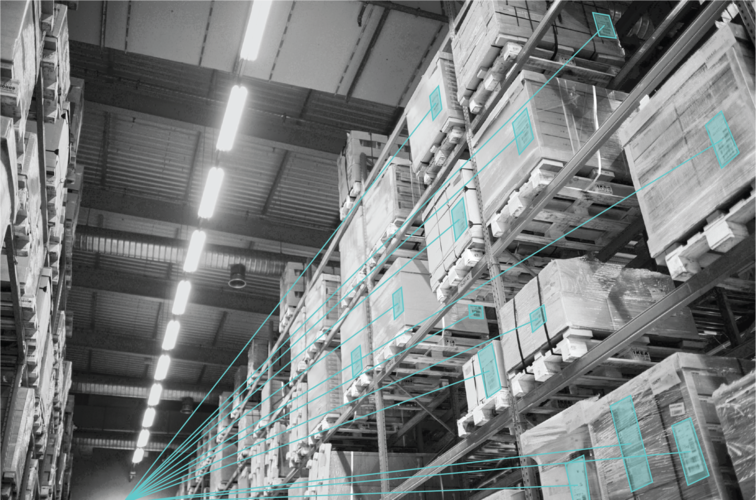Commerce
Use cases: Machine Learning Solutions
As the number of (e-)commerce platforms grows, the field is becoming increasingly competitive. Customer satisfaction depends on numerous factors, such as pricing, customer service, or the safety of their transactions. Machine Learning methods can create an optimal shopping experience by analyzing historical patterns of prices, customer behavior and more. They can also help in speeding up tedious processes and building a more robust security system.

Automatic tagging and classification of articles from text or image data
A product catalog with an exhaustive description or a filtering system improves customer experience. While manually filling out catalogs is time-consuming and monotonous, automating it can speed it up and make it more exhaustive. Computer Vision methods can automatically tag and classify product images, while Natural Language Processing tools can filter out key pieces of information in product descriptions.

Forecasting product demand and optimizing pricing
Price is unsurprisingly the major decision factor for a customer’s choice. An accurate forecast of demand is important for optimizing the pricing, as well as the inventory and supply chain management. Machine-Learning-based solutions can help in these areas by learning patterns of supply and demand as well as pricing and purchases or abandoned carts.

Identifying fraudulent products, suppliers or clients
A Machine Learning model trained to detect anomalies can learn complex patterns using historical data about product, supplier or client behavior and find which current events deviate from those patterns. Even as fraudulent behavior changes over time, the system can keep itself up-to-data by including any new pattern it learns. The models are precise enough to also reduce the number of False Positives.



